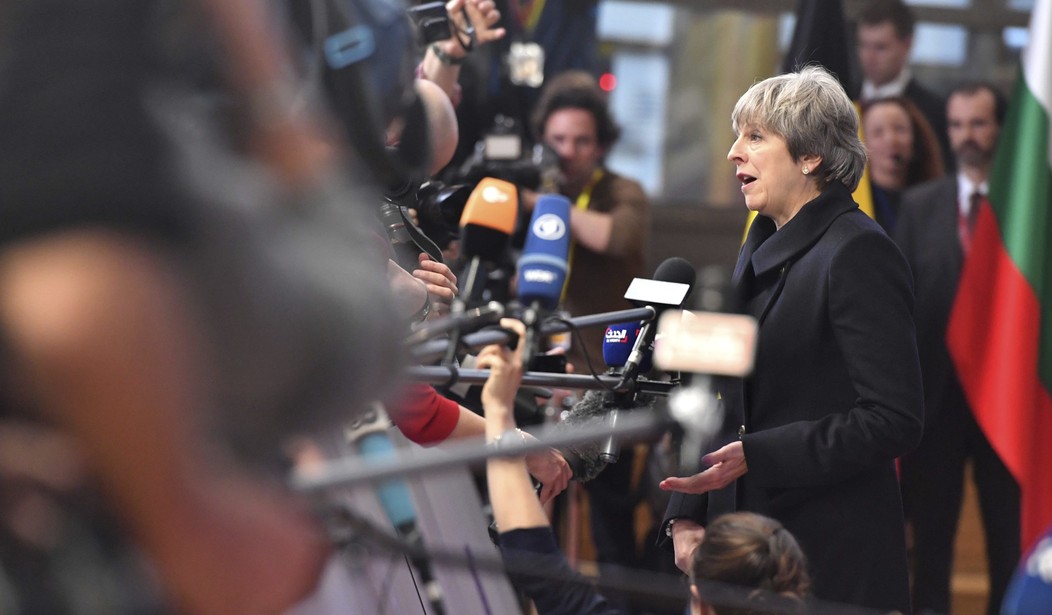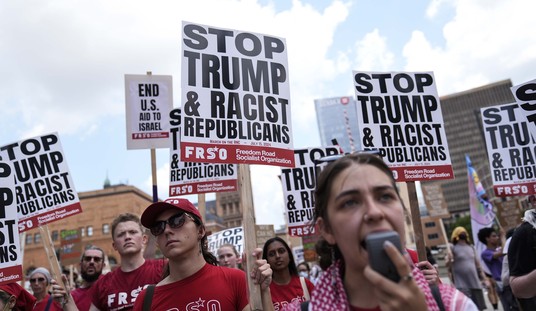The UK could be about to take a wrong turn on international trade.
The problem is that a recent agreement struck surrounding the country’s exit from the European Union leaves a choice between an easy decision and a hard one. Unfortunately, making the hard decision will be best for long-term economic growth.
The country should prioritize partnering with faster-growing countries such as those in Asia, rather than leaving the EU in name only.
But given the tenuous political situation of the ruling Conservative party, tough choices don’t seem to be on the agenda.
The story so far
Here’s the background. In early December, Prime Minister Theresa May reached the semblance of an agreement with EU negotiators. The news got heralded as progress. For the last year and a half, the negotiations have looked somewhat like a Christmas pantomime or matinee comedy performance. At least now May’s cabinet has something to show for the months of effort.
Britain’s new understanding with the EU means that the divorce bill is likely to be around 50 billion pounds ($67 billion) and allows UK and EU citizens living in the others’ territory to stay. Also, there is some vague idea on how to deal with the land border between Northern Ireland and the Republic of Ireland.
The reason there’s been so much focus on getting the recent agreement is that the EU wouldn’t allow Britain to talk about possible future trade with single-market if this stage didn’t get completed.
Winner’s Curse
The big problem now is that the two parties (the EU and Britain) might do a trade deal that has all the drawbacks of remaining in the EU and few of the benefits. Call it Brexit-lite.
“On one side Britain might want to gain back its independence and policies; there is no doubt they want that,” says Dr. Ivo Pezzuto, professor of global economics at ISM Global Business School in Paris. On the other side, the country needs a new trade deal of some sort, he says.
And UK business leaders are making it clear that they want to see a deal sealed soon.
“At the moment, there are political pressures for British industrial firms,” he says. “Realistically, you need to factor in losing access to 500 million people single market.”
In other words, business leaders are concerned that they will no longer be able to trade easily with the EU as they have done over the past few decades.
So, why not just keep trading with the EU? At least that seems to be the question being asked by industry chiefs.
The perils of Brexit-lite
The problem is that doing a Brexit-lite deal could be the worst of all worlds. In its most dire incarnation, the country could be out of the EU in name only but still be subject to similar burdensome regulations and edicts from Brussels. That would also be a poke in the eye to the majority of voters who decided they wanted to leave the EU.
However, the gains from embracing trade with the entire world, and not just the EU, are potentially enormous.
“Our estimates of the net gain to the economy are around 7 percent of GDP,” writes Patrick Minford, professor of economics at Cardiff University, in a recent report from research company HCWE & Co. That’s around 135 billion pounds ($181 billion.) Part of this comes from ditching EU rules in favor of “pragmatic UK-oriented regulation.”
He also points to the benefits of Britain rekindling its historical trade with so-called Anglosphere countries such as Canada, the U.S. and many countries of the now defunct empire. That includes the rapidly expanding Asian economies. India, for instance, is growing at an impressive 6.3 percent rate, according to the latest data. Compare that to the most recent rate of 2.6 percent for the countries of the single currency area of the Eurozone.
It should be clear that hitching one’s trade wagon to a faster-growing economy is better than doing so with a slow one.
Minford also says that if the UK cannot get lots of bilateral trade deals, it could still gain by unilaterally ditching import tariffs and quotas.
The problem with Minford’s ideas is not that they aren’t sound. It is that they present a tougher choice for politicians. It is much easier to go for a Brexit-lite deal because people are familiar with the existing arrangements. Whereas the embrace-the-entire-world model has some unknowns, which many people tend to find unsettling.








Join the conversation as a VIP Member